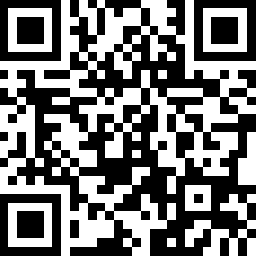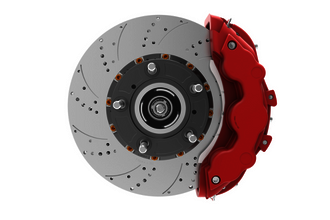
Scan
QR code
E-mail: lufeng@bapcoindustry.com
Address: RM 2105 TREND CTR 29-31 CHEUNG LEE ST CHAI WAN, HONGKONG,China
Office in China:
Room 2103, Building A, Wanhao International, No. 6088 Jilin Road, Economic Development Zone, Changchun, Jilin Province, P.R.C
-
-
The Advantages of Drum Brakes
- 2019-10-25
-
-
-
Brake Pad Maintenance and Troubleshooting
- 2019-10-16
-
-
-
Rusting
- 2019-10-11
-
Why do My Brakes Squeal?
Sometimes a loud noise or high pitched squeal occurs when the brakes are applied. Most brake squeal is produced by vibration (resonance instability) of the brake components, especially the pads and discs (known as force-coupled excitation). This type of squeal should not negatively affect brake stopping performance. Techniques include adding chamfer pads to the contact points between caliper pistons and the pads, the bonding insulators (damping material) to pad backplate, the brake shims between the brake pad and pistons, etc. All should be coated with an extremely high temperature, high solids lubricant to help reduce squeal. This allows the metal to metal parts to move independently of each other and thereby eliminate the buildup of energy that can create a frequency that is heard as brake squeal, groan, or growl. It is inherent that some pads are going to squeal more given the type of pad and its usage case. Pads typically rated to withstand very high temperatures for extended periods tend to produce high amounts of friction leading to more noise during brake application.
Cold weather combined with high early-morning humidity (dew) often worsens brake squeal, although the squeal generally stops when the lining reaches regular operating temperatures. This more strongly affects pads meant to be used at higher temperatures. Dust on the brakes may also cause squeal and commercial brake cleaning products are designed to remove dirt and other contaminants. Pads without a proper amount of transfer material could also squeal, this can be remedied by bedding or re-bedding the brake pads to brake discs.
Some lining wear indicators, located either as a semi-metallic layer within the brake pad material or with an external "sensor", are also designed to squeal when the lining is due for replacement. The typical external sensor is fundamentally different from the noises described above (when the brakes are applied) because the wear sensor noise typically occurs when the brakes are not used. The wear sensor may only create squeal under braking when it first begins to indicate wear but is still a fundamentally different sound and pitch.

Extracted from Wikipedia
TypeInfo: Company news
Keywords for the information:




